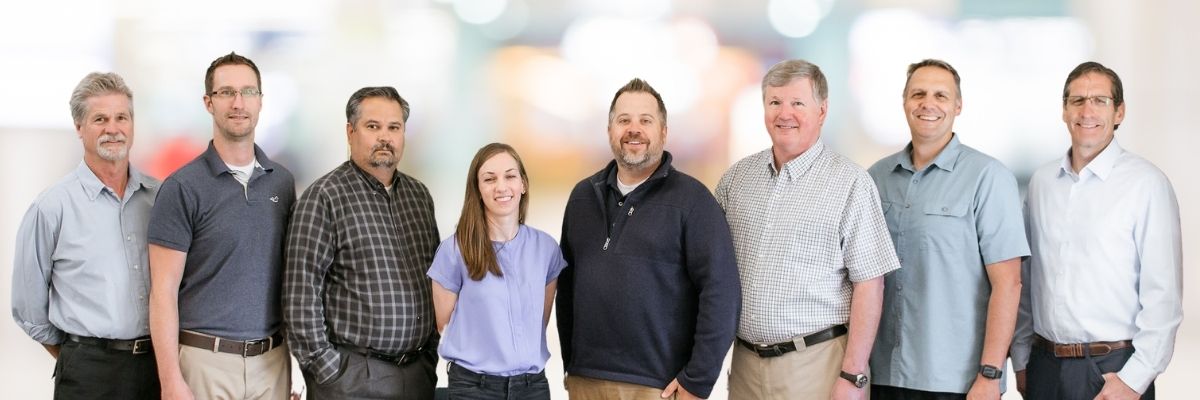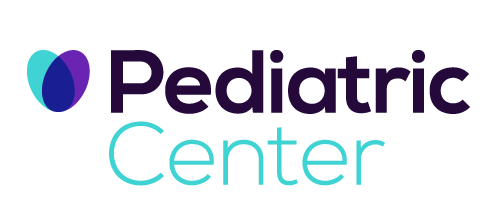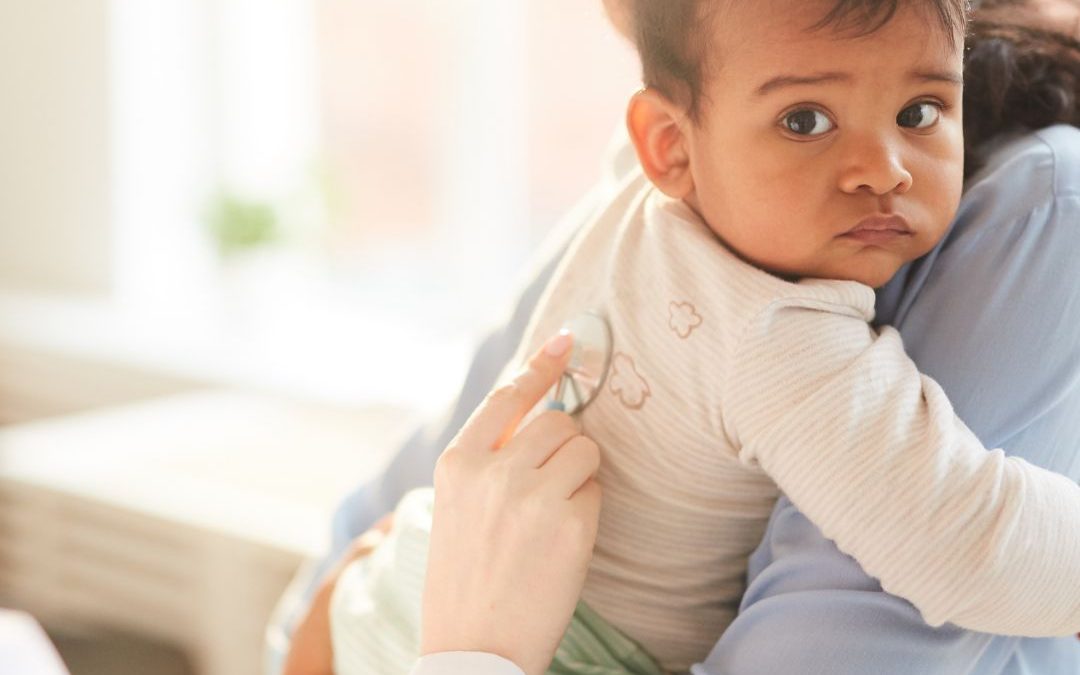
Protect Your Little Ones from RSV
Protecting Your Little Ones: Understanding RSV and the Role of Beyfortus
Respiratory syncytial virus (RSV) is a highly contagious virus that can cause severe respiratory illness in infants, young children, and even older adults. While many cases of RSV may appear mild, similar to a cold, the virus can lead to serious complications, including bronchiolitis and pneumonia. These complications can be especially dangerous for high-risk infants. Fortunately, the Pediatric Center offers Beyfortus™, a groundbreaking solution designed to help protect against RSV.
Key Takeaways
- RSV is a contagious respiratory virus that poses a significant risk to infants and young children.
- Symptoms range from mild cold-like signs to severe respiratory distress.
- Prevention methods include good hygiene, limiting exposure, and using medical advances like Beyfortus™.
- Beyfortus is a long-acting monoclonal antibody that provides immediate and extended protection against RSV during an infant’s first RSV season.
Understanding RSV: Symptoms to Watch For
As RSV spreads easily through respiratory droplets, contaminated surfaces, and close contact, it’s important to recognize the symptoms early. Symptoms typically appear 4-6 days after exposure and may include:
- Mild symptoms: Runny nose, coughing, sneezing, fever, and reduced appetite.
- Severe symptoms: Wheezing, rapid or labored breathing, and bluish skin due to a lack of oxygen.
Infants often show subtle signs such as irritability, fatigue, or feeding difficulties. If your child exhibits severe symptoms, seek immediate medical attention.
How to Prevent RSV
While RSV is common, you can reduce the risk of infection with simple but effective steps:
- Practice good hygiene: Encourage frequent handwashing for at least 20 seconds.
- Avoid close contact: Keep infants away from sick individuals, especially during RSV season.
- Disinfect surfaces: Regularly clean high-touch areas like toys, doorknobs, and tables.
- Breastfeed if possible: Breastfeeding strengthens your baby’s immune system with vital antibodies.
How Beyfortus Can Help Protect Against RSV
Beyfortus (nirsevimab) is a long-acting monoclonal antibody specifically designed to prevent RSV. Unlike vaccines, Beyfortus provides immediate immunity by delivering antibodies directly into the body.
Key Benefits of Beyfortus:
- Comprehensive protection for infants during their first RSV season, including premature or high-risk infants.
- Convenient single-dose administration, offering months of coverage.
- Clinically proven to reduce RSV-related hospitalizations significantly.
Frequently Asked Quesetions about Beyfortus
Who is eligible to receive Beyfortus?
Beyfortus is designed for:
- Newborns and infants entering their first RSV season, regardless of gestational age or risk factors.
- Some older infants and children with underlying conditions that increase their risk of severe RSV.
The Pediatric Center can assess your child’s eligibility.
Is Beyfortus a vaccine?
No, Beyfortus is not a vaccine. It delivers ready-made antibodies to provide immediate protection, rather than stimulating the immune system to produce its own.
What are the side effects of Beyfortus?
Beyfortus is well-tolerated, but potential side effects include:
- Mild reactions at the injection site, such as redness or swelling.
- Rarely, allergic reactions, which are monitored by healthcare providers during administration.
Contact your Pediatrician if you notice any unusual symptoms.
How long does Beyfortus provide protection?
Beyfortus offers long-lasting protection, covering several months and the duration of the typical RSV season.
When should my baby receive Beyfortus?
Beyfortus should ideally be administered before RSV season starts, which usually occurs between late fall and early spring.
Is Beyfortus covered by insurance?
Many insurance plans cover Beyfortus for eligible infants. The Pediatric Center can assist with navigating coverage and answering questions about affordability.
Why Choose the Pediatric Center for Beyfortus?
At the Pediatric Center, we prioritize your child’s health and safety by staying at the forefront of medical advancements like Beyfortus. Our experienced team ensures that every child receives personalized care tailored to their unique needs.
If you’re ready to protect your child this RSV season or have additional questions about Beyfortus, contact the Pediatric Center today. Together, we’ll give your little one the best defense against RSV!


